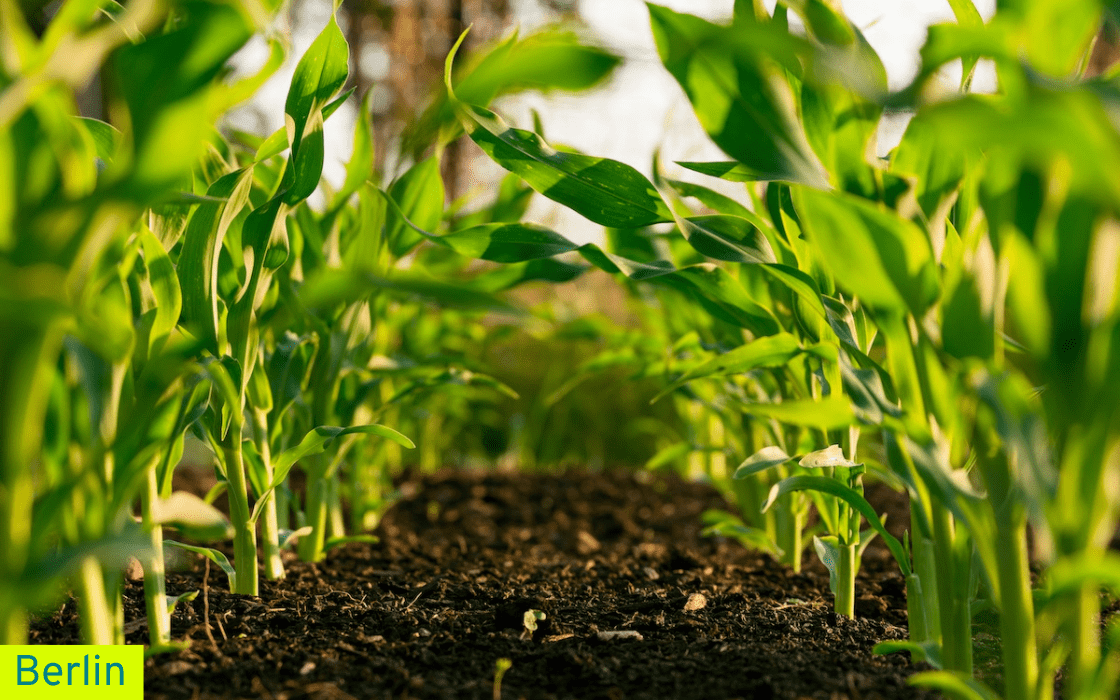Trust is the yeast in the bread of self-organisation: you can't do without it. Trust can best be described as a process – both in terms of biographical experiences that shape one's own trusting or suspicious view of the world and people, and in terms of concrete interactions in which trust grows or erodes.
Trust is primarily built through positive interactions. It grows when agreements are honoured and actions are consistent. In this way, a leap of faith can gradually develop into a strong, trusting relationship. Where trust is lacking or not yet sufficiently established, cooperation requires a supportive framework, transparent structures and rules. On an individual level, trust begins with the question „When and how do I feel secure?“ (e.g. to trust my colleagues in their role responsibilities or to make a „safe enough to try“ decision).
In the laboratory, we explore what strengthens the individual ability to trust and how the cycle of trust can be promoted in self-organised teams. In doing so, we also sharpen the often blurred distinction between trust into the intentions of my counterpart and trust in skills and abilities.
In addition to individual reflection, we offer experience-oriented exercises in the laboratory, which we will use to explore the different facets of trust in self-organised settings.
This lab is the final prototype test in our series of Seven Muscles Mini Workouts, and we are already looking forward to hearing your thoughts and feedback. You can find an overview of the idea and all seven muscles of self-organisation here here.





